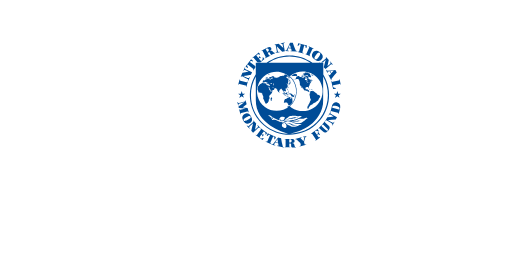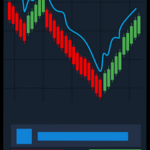The latest I.M.F. forecast projects a global growth slowdown this year with increasing inflation. Although the estimates are not due for a worldwide audience until October, they document the tangible effect of U.S. trade policies on the world economy.
Those estimates came from Kristalina Georgieva, managing director of the International Monetary Fund, in an address ahead of the I.M.F. and World Bank’s Spring meetings.
Revised Growth Projections
In the coming growth forecasts from the I.M.F., people should get a clearer idea of how much President Trump’s economic policies are affecting global output. After Trump took office, a new range of tariffs was implemented against most U.S. trading partners, with China’s, Canada’s, and Mexican imports facing higher duties.
Our new growth projections will be marked down significantly, but not to recession,” I.M.F. managing director Kristalina Georgieva said in a statement.
Inflationary Pressures
These downward revisions of growth are accompanied by upward revisions of inflation forecasts in some of the I.M.F. ¦s member countries.
Georgieva also said, “We will also see some upgrades” in inflation projections for some countries.
IMF analyst warns Brussels on protectionism
In her remarks, IMF Managing Director Kristalina Georgieva emphasized that protectionism is bad for productivity. Such measures can distort economic efficiency and stifle growth.
Economic Policy Context
On Thursday, the I.M.F. released its latest forecasts as an increasingly growing collection of economic officials around the globe cautioned that U.S. trade actions may be imposing a toll. Global economic uncertainty has intensified with the rollout of tariffs and is being felt at a more systemic level.
Other Key Insights
It was established in 1944 as an international organization to facilitate international monetary cooperation, promote the expansion and balanced growth of global trade, and facilitate the provision of resources to help member countries in need to fund their efforts to establish stable economies or to alleviate employment and sustainable economic growth while avoiding poverty. Its headquarters are in Washington, D.C., and it is made up of 190 nations. Its policies are implemented through policy advice and lending to member countries experiencing balance of payments problems, with an emphasis on serving developing countries in support of their macroeconomic stability and poverty reduction endeavors. The I.M.F. is not autonomous; it is dependent on its members and is accountable to them.






